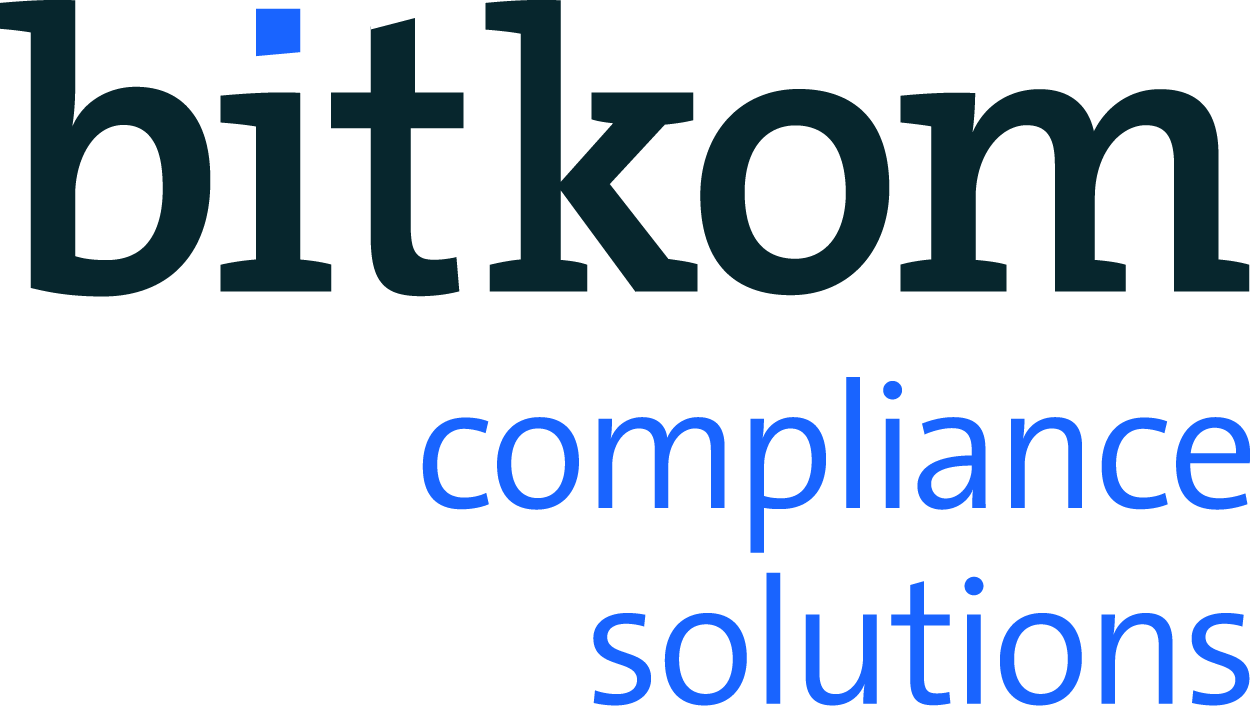Massive overhang of electrical waste due to severe weather
Torrential rain, floods, disaster, disrupted infrastructure, power cuts, destruction and devastation, injured. Casualties. The summer in Germany brought many blows of fate in this year 2021.
Let's take a look at the recycling industry, which has to defy its very own challenges through tireless efforts. We wanted a first-hand report on the situation and spoke to our waste management partner NOEX, which was affected both directly and indirectly by the floods in the Rhine region - and still is today.
What does the disaster situation mean for your environmental services?
"The problem is the massive overhang of old electrical appliances. The year 2020 with the Covid 19 pandemic was already noticeable. But the difference this time is that there is a local extreme situation. In one week, we received as many initial requests from the municipalities as we normally do in an entire year. For example, Kerpen from the Rhein-Sieg district requested 16 containers in one week for a single transfer point - definitely a record. In general, it can be said that the number of daily collection and provision orders exceeds our maximum processing capacity many times over and, after all, we are only allowed to store a limited amount of hazardous waste at any one time."
How did you manage the vast amounts of e-waste with the municipalities?
"We have a very close relationship with the municipal transfer points. We personally phone after every single container. This is how we ensure that all orders are handled smoothly. At the moment, our logistics team makes 150-250 phone calls a day as a result."
Does this always go smoothly?
"Some municipalities are relaxed about the issue because they know what the recycling companies have to do. But there are also municipalities that don't follow up their pretended willingness to cooperate with them with action. Everyone wants to be served first. We understand that. But the municipalities treat the containers like disposable material, often we don't see them again and when there is an acute need we can't procure new containers so quickly."
How does the situation make itself felt in the recycling process?
"Here, too, we notice a noticeable difference. Many devices are reprocessed manually. The individual steps depend on a precisely defined input form. For example, a refrigerator must not contain any impurities and must first be freed of debris and sludge. And of course the appliances have not been defrosted beforehand. The food still contained poses an additional risk of infection. Some of the old appliances were swimming in the same soup together with used oil, paints, varnishes and other substances hazardous to health.
To cut it short: due to the additional manual work, only 25-30 refrigerators can be recycled per hour instead of 65. We work in three shifts, i.e. 24 hours a day. Overall, the number of fridges driven per hour drops to about half. We have also adjusted the risk assessments for our workforce, as there may be a greater health risk. In implementation, this means more breaks and shorter times in protective suits."
How have you been able to absorb the unplanned extra work in the midst of the holiday season in terms of staffing?
"We definitely reached our own capacity limits. Nevertheless, we try to ensure that employees with children are not affected by the situation. The rest of us are working overtime. We are on duty 10-12 hours a day, partly mobile from home. It is only thanks to this extremely high level of commitment of our staff that we are able to cope with the situation to some extent."
Did your own facilities suffer any damage as a result of the severe weather?
"Immediately after the heavy rain here in the region, one of our halls was under water because the separator could not process the water masses running into the trough as quickly as they were running down. However, we were able to eliminate the problem during the night."

We would like to thank Axel Riemann for the trustful conversation and wish the entire NOEX team much success and stamina for the coming weeks in dealing with the surplus of old electrical appliances.
The interview was originally conducted with the Environmental Management Representative Axel Riemann of disposal company NOEX and was translated into English.
You need a reliable partner to meet your obligations under the ElektroG?
Benefit from our service for electrical devices
